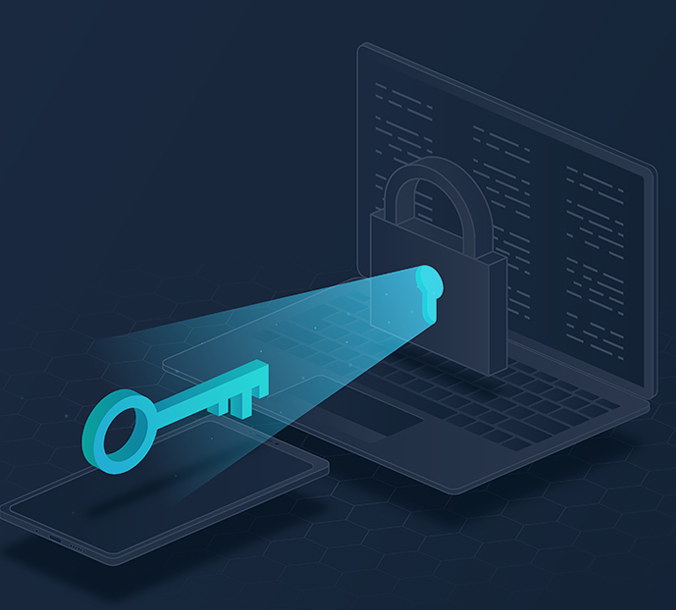Multifactor User Authentication
The Power of Double Verification
Add a critical layer of security to user logins. Protect credentials from theft with robust multi-factor authentication solutions.

Passwords, PINs, or any information a person knows are widely acknowledged as the weakest means of establishing identity. These credentials are vulnerable to guessing, theft, and discovery through various methods, and have been deemed insufficient and insecure for authentication purposes for several years now. In contemporary security practices, relying solely on a single authentication factor is no longer considered adequate or secure. Instead, it is recommended to employ at least two factors of authentication for access to critical systems with a high level of confidentiality.
In addition to traditional factors, identity verification now incorporates elements such as the user’s location, including IP address and device geolocation, as part of the authentication process. Each of these methods represents an authentication factor, serving as a basis for determining the user’s identity.
Multi-factor authentication (MFA) stands for a method of confirming the legitimacy of a user’s identity, requiring the provision of two or more verification factors. This approach substantially reduces the likelihood of a system compromise.
For a number of years, CS has been at the forefront of providing design and implementation services for cutting-edge user authentication solutions. These solutions are designed to protect and control access to on-premises resources and resources located in the cloud ensuring robust security in an increasingly interconnected and complex digital landscape. Furthermore, these solutions may incorporate anomaly detection techniques to identify suspicious or unauthorized access attempts, further enhancing security measures.
